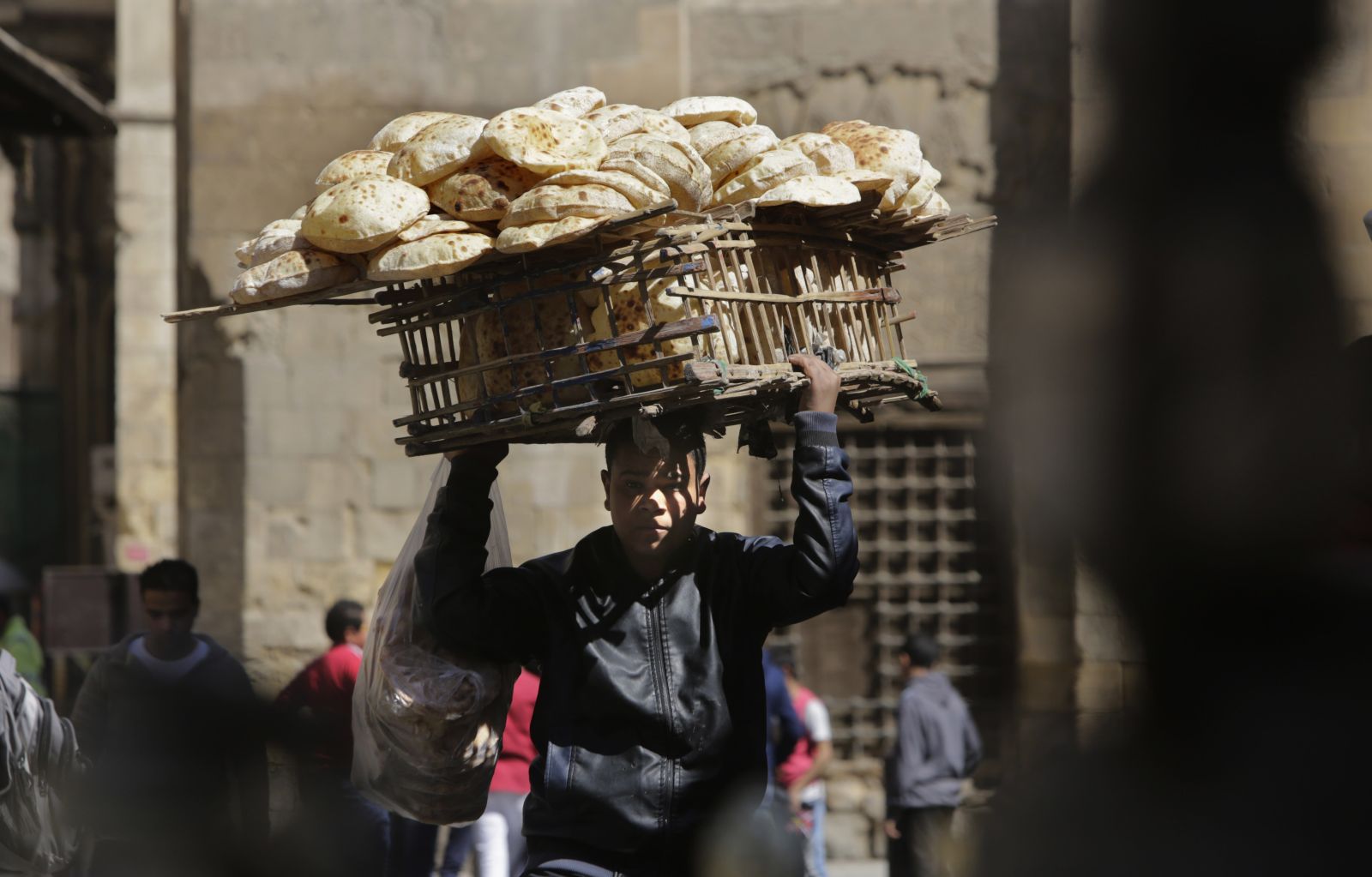Refugees
Reducing what makes people flee

People often turn a blind eye to the fact of 86 % of the world’s 60 million refugees and internally displaced people are staying in developing countries and emerging markets. Experts from the German Development Institute / Deutsches Institut für Entwicklungspolitik (DIE) point out that none of the ten countries that have taken in the most refugees are members of the EU. Today, the top receiving countries are Turkey, Pakistan, Iran and Ethiopia. Lebanon is hit hardest, with Syrian refugees making up about one fifth of 4.5 million inhabitants.
The DIE scholars adhere to the Geneva Convention of Refugees which clearly defines refugees as persons forced to flee from war, violence, oppression, hunger and natural disasters. It is important to note that people are not only fleeing from Syria and Iraq. Masses of people escape from Sudan, South Sudan, Afghanistan, Colombia or the Democratic Republic of Congo (DRC), for example. However, Europeans tend to neglect the global perspective, as the scholars point out.
Creating stability-zones
Most refugees today have fled from armed conflicts. According to the DIE team, humanitarian assistance remains very important. Both within home countries and abroad, “stability-zones” are needed so people can get what they need for their immediate survival there.
According to the authors, however, temporary solutions tend to become permanent settings. They demand that more efforts be made in those cases, and they bemoan the lack of mid-term strategies for managing camps sustainably. Because of the poor conditions prevalent in camps in Lebanon and Jordan, many refugees are said to moving on to Europe.
In this context, the DIE authors support demands raised by the UN Refugee Agency (UNHCR). It wants the skills and knowledge of teachers, doctors and engineers in the camps to be made use of. Moreover, refugees should be involved in democratic camp management, while local authorities deserve support for providing future prospects to both refugees and the local people. The DIE authors consider it unacceptable that there is no funding for multi-year humanitarian assistance. In their eyes, long-term funding is essential.
“Blind spots”
The scholars warn that old crises are mostly forgotten whenever a new crisis erupts. Syria and its neighbouring countries currently get the most attention, while conflict-ridden Yemen, Libya and several sub-Saharan countries have become “blind spots” on the world map. According to the DIE team, well-designed development policies can prevent old conflicts from erupting anew. They suggest that development policies should refocus on conflict prevention and peacekeeping. They points out, for instance, that Germany has scaled down its partner countries in crisis prevention to only two as though fragile statehood was not a widespread phenomenon.
Regarding post-conflict countries, the experts advise to stick to “multinational peacekeeping”. This approach bundles international efforts under multilateral leadership. It has proven successful in Sierra Leone, Liberia and in Lebanon. Other factors that promote a country’s stability include:
- reducing youth unemployment,
- promoting economic productivity,
- improving food security and
- adapting to climate change.
The scholars insist on democratic values, which they want to become a core element of development policy once more. Western countries, they argue, have been supporting authoritarian regimes in the Middle East and North Africa up to the point when many of those regimes dropped into total chaos in 2011. Even today, donors still support autocratic regimes. If they continue to do so, they must at least demand democratic reforms, the DIE team states. The overall objectives are always to promote people’s wellbeing and facilitate their return home.
Theresa Krinninger
Link:
DIE-paper (German):
http://www.die-gdi.de/uploads/media/AuS_14.2015.pdf












